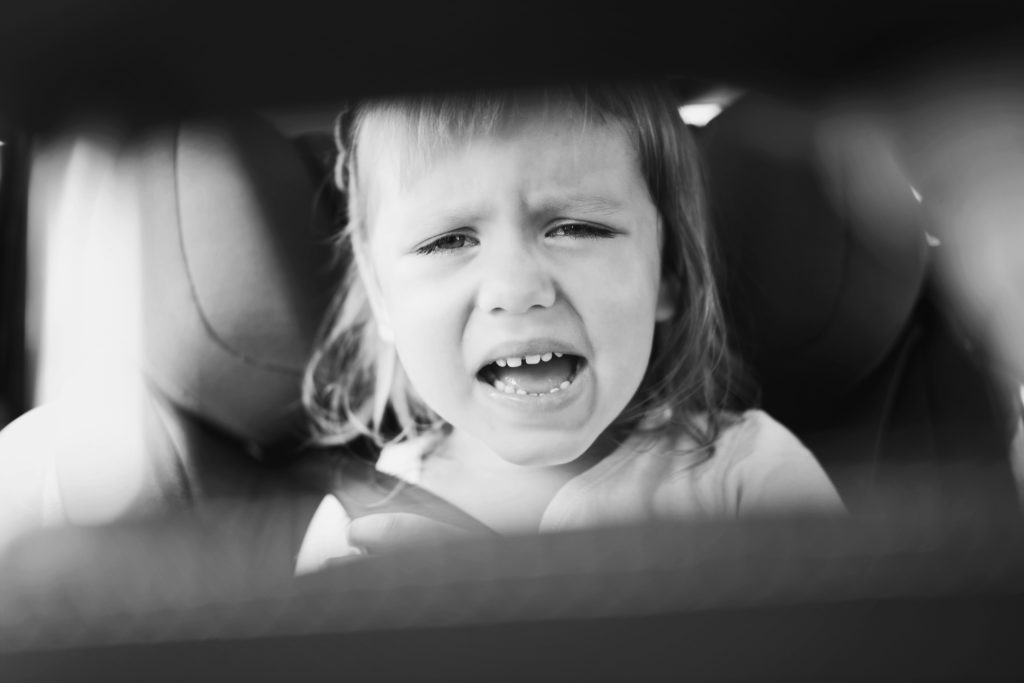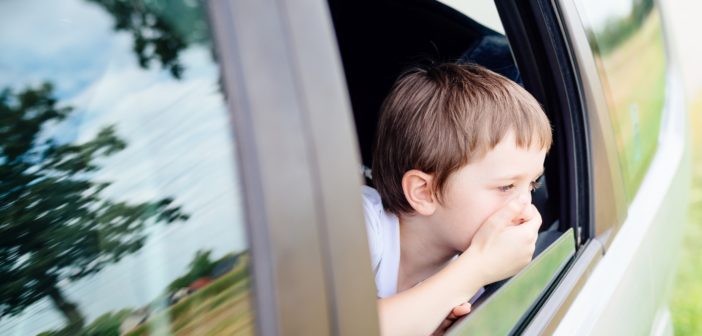Traveling with family can be such an exciting experience, however if one of your children suffers motion sickness it can quickly become unpleasant for everyone.
What causes motion sickness?
Motion sickness is believed to be triggered by conflicting signals going to the brain from the vestibular system (inner ear), the eyes and other sensory receptors. Travel in cars, boats, trains, planes, buses or even theme park rides can cause motion sickness.
Children under 12 are the most susceptible to motion sickness but many adults also suffer the condition.
What are the symptoms?
Symptoms can vary in severity depending on the person, the mode of travel or the activities they are engaged in. They can include:
- Headache
- Dizziness
- Nausea
- Vomiting
- Sweating
- Shortness of breath
- Drowsiness
- Looking pale & feeling clammy
For most people symptoms cease as soon as movement stops, however in severe cases some may continue to feel unwell for days afterwards.
Treatment
There are many ways you can treat, or even aim to prevent, motion sickness.
You can talk to your pharmacist or GP about which medications might be suitable for preventing motion sickness for your child. There are a number of over the counter travel sickness treatments, including antihistamines and ginger based remedies.

Be aware that some medications may cause drowsiness or other side effects. It is always a good idea to try out any remedy before you travel to ensure there are no adverse reactions.
You can also try acupressure bands (also known as sea-bands) which are designed to prevent nausea. These are available for adults and children.
Other tips for alleviating motion sickness:
- Focusing on the horizon in the direction of travel can help
- Support the head using a pillow or headrest to prevent unnecessary movements
- Do not read or use devices
- If traveling an a car, sit as close to the front of the vehicle as practical
- Face forwards wherever possible (e.g. if traveling in a bus)
- If flying, sit over the aeroplane wing where it is a smoother ride
- Ensure your child is sitting so they can see out the window (use a booster seat where necessary).
- Chewing gum or suck on barley sugar or peppermints can help
- Stick to light snacks, avoiding heavy, fatty or greasy foods
- Allow ventilation through window or air-conditioning to avoid overheating and reduce fumes which can exacerbate nausea
- Close eyes and nap
- Make frequent stops where possible
Distraction is also a useful technique for taking your child’s mind off of motion sickness. Listening to audio books, music or playing car games such as “spotto” or I-spy can also help.
Most of all, be prepared for the worst case scenario with plastic bags, wipes and a change of clothes for a quick clean up. After all, you don’t want a little motion sickness to ruin a great getaway.
Happy travels!

